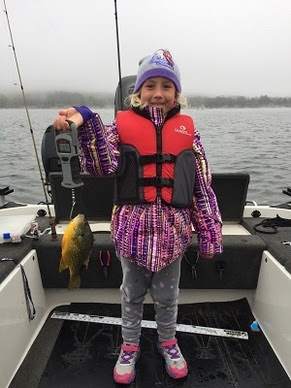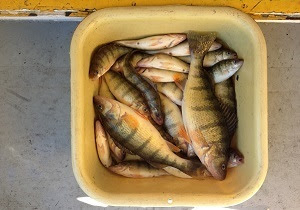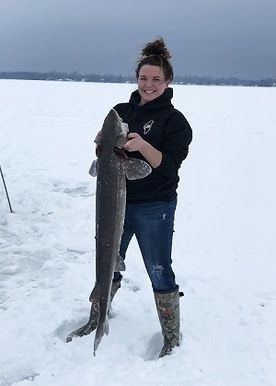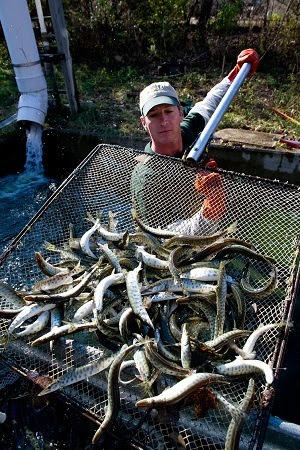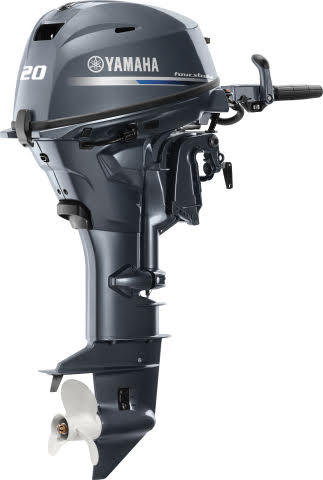2019 lake trout regulations to change in Grand Traverse Bay
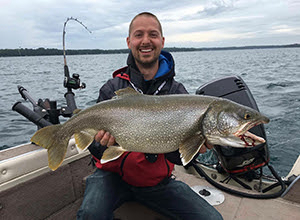
Because the 2018 harvest limit for lake trout in Grand Traverse Bay was exceeded, the Michigan Department of Natural Resources is looking at some regulation changes for 2019. Before any changes are proposed to the Michigan Natural Resources Commission, which has the authority for establishing most regulations, the DNR is inviting the public to learn about options during a meeting Wednesday, March 6, 6 to 8 p.m. at the DNR Customer Service Center in Traverse City, 2122 South M-37.
Each year, lake trout harvest limits in 1836 Treaty-ceded waters are determined by the treaty tribes, the United States and the state of Michigan. Last year, the state recreational harvest in Grand Traverse Bay (known as the Lake Trout Management Unit MM-4) reached 93,000 pounds – exceeding the set total allowable catch of 77,200 pounds.
“When either the state or the tribes exceed harvest limits by more than 15 percent, there is a penalty the following season,” said DNR Fisheries Division Chief Jim Dexter. “Under this scenario, recreational anglers on Grand Traverse Bay this year will be required to reduce their catch by nearly 32,000 pounds.”
Read more

